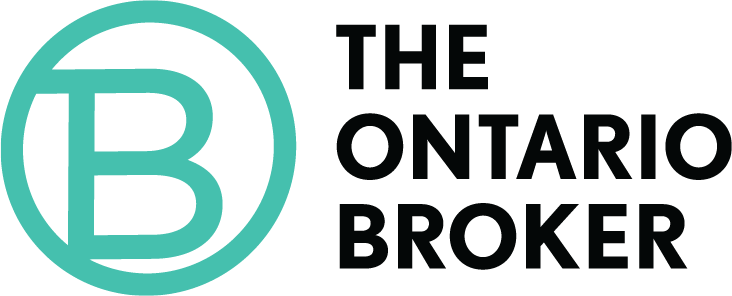

Monica Dale, IBAO President–Elect
The response to many of the workflow challenges presented by the pandemic has been to lean heavily on technology. Developments that were already planned have been fast tracked, sometimes deployed within timeframes beyond expectations before the pandemic struck.
In Ontario we’re seeing a strong move by some insurance companies to go paperless. Though previous resistance wasn’t based on cost or difficulty, but a desire to protect the broker–client relationship.
Has the time come to embrace the change?
The truth of the matter is that many brokers have embraced this method of serving their clients for a number of years. The challenge is for the businesses that aren’t quite there or feel that digital communication isn’t for them.
Bottom line—it’s consumers who will decide. But in order to make the decision, there needs to be a choice. If a broker isn’t quite there, how do consumers who prefer digital communication access that service?
At IBAO we believe brokers should maintain control over customer communication. After all, consumers are the broker’s clients. But sometimes the practical solution doesn’t always follow the theoretical objective. A broker can still remain in control contractually while using third party tools if those physical tools aren’t available within their own offices. Using an insurance company’s solution may be a broker’s only option, in which case they should ensure their contractual agreement with that company supports this use and protects the broker–client relationship.
Like many others, this pandemic has refocused our priorities at IBAO. Going paperless is now our main technology focus for 2020. We’ve seen many companies make a move to different degrees in this field, some more aggressively than others. So if it’s not already a choice for your brokerage’s clients (maybe it’s already in your clients’ hands) it will be soon.
Most major IBAO sponsors have a going paperless strategy or initiative in the pipeline. Some have been around a while and are currently in the marketplace, others are just being launched and many are still on the drawing board. Regardless of where everyone’s at within their individual strategies, we need to move this initiative forward.
As strategic projects are reprioritized within our industry, the ability to service consumers during this time of need is paramount. With the requirement for insurance companies and distribution networks to work from home, the choice of communicating digitally has never been so important.
The impact on a brokerage of going paperless depends on its existing business model, current workflows and the changes that need to be implemented to support digital communication. What history has told us is that without industry coordination, we’ll have multiple ways of working, which will inevitably fall to brokers to make sense of for policyholders. Without coordination at this early stage, future evolution will be challenging if not a barrier to future progress—remember the portal!
IBAO has formed an industry working group to assess the best path forward not only for brokers and their clients, but for business partners trying to do the best for their customers (however they define them). The issue needs a careful, coordinated approach from many stakeholders across the industry. Let’s work together, with a central goal of consumer choice.
GOING PAPERLESS | RSA
During these unprecedented times, it’s evident that as a society we rely on technology more than ever before. It’s kept us connected and given many of us the option to work from home. It’s no different at RSA, and it’s for these reasons they’ve decided to continue moving toward a paperless claims system.
“We’re constantly reviewing operational processes to determine how we can provide easy, efficient and exceptional service to our brokers and clients,” said Karen Mican, Senior VP & Chief Claims Officer at RSA Canada. “With COVID-19 impacting our in–office operations as a result of working from home, we’re now leaning into our digital capabilities.”
Employee safety has always come first at RSA and under these new circumstances, submitting claims via email and fax poses challenges, as it could require in–office work. Using Claims Point—an online claims portal launched in 2018 as a way to streamline the client information–gathering process—RSA is able to ensure employees can safely process paperless claims from home while continuing to provide a seamless experience for clients. With this most recent push for digital adoption, RSA has seen steady implementation and anticipate that number will only grow as a result of the digital shift.
“We’ve received positive feedback from brokers using Claims Point,” said Karen. “As with any new digital offering, RSA is committed to continually improving processes based on broker and client feedback.”
In a traditionally paper–heavy industry, RSA recognizes the advantages of going digital. Using Claims Point gives brokers the capabilities to meet clients’ expectations when it comes to receiving information quickly. Making the shift to paperless also means there are additional levels of security when it comes to protecting clients’ information. “Using an encrypted website where all information is transmitted securely ensures that we know who’s sending and receiving data,” said Karen.
Brokers and clients hesitant to make the digital shift still have the option of using a 24–hour phone line, but RSA encourages them to leverage the tool. “We’re on a journey to create best–in–class service where our clients’ needs determine our path.”
